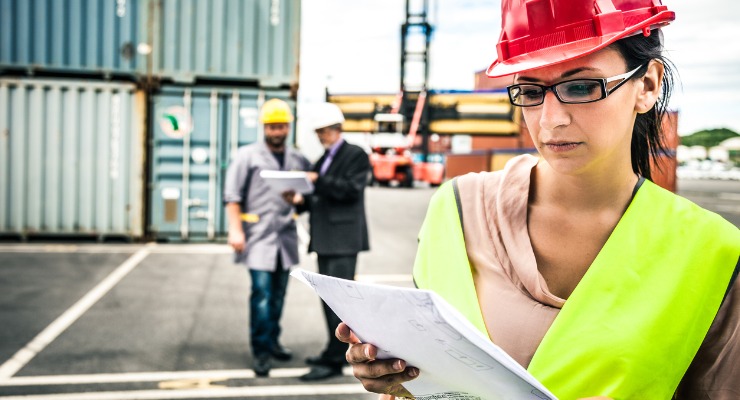Dumping occurs when a product is sold cheaper in an imported market than the price of the product in the exporting country. Most countries try to protect their local industries by charging an anti-dumping duty.

Anti-Dumping Duty Definition
Anti-dumping duty is a tariff that a government can impose on imports that have been priced below fair market value during international trade. Dumping duty is payable by a company importing goods at a price that is lower than the normal value of goods in the exporting country. A government may impose these duties in order to protect the local economy and to stop local businesses from being undercut during trade.
Anti-Dumping Duties in Australia
The Australian government has an Anti-Dumping Commission, which is run by the Department of Industry and Science. The role of this Commission is to investigate alleged cases of dumping and subsidisation of goods imported into Australia. The Commission can decide to impose duties to protect the Australian companies that manufacture similar products.
A subsidies register lists a summary of subsidiary programs that have been investigated by the Commission. An Anti-Dumping Review Panel reviews decisions made by the Minister and Anti-Dumping Commissioner. The Panel may review decisions to impose duties, close investigations, continue investigations and duty assessments.
Australian companies (often a competitor) can apply for anti-dumping duties to be applied to imported goods if they believe prices are below those in the exporter’s domestic market. Many countries have their own government departments that handle the same or similar cases and concerns. For example, the International Trade Administration, which is run by the Department of Commerce in the USA.
Do You Know if You Are at Risk of Dumping Duty?
Before placing an order, it is important that a business finds out if it is liable to pay dumping duty as part of a trade, and what the cost will be. The Anti-Dumping Commission states that ‘importers are required to self-assess whether the imported goods meet the goods description outlined’... but what if you aren’t sure how to go about self-assessment? It’s not easy for small businesses with no experience to assess their goods during trade.
Often, businesses that organise the manufacturing and importing themselves don’t do enough research. They find out too late that if the product’s design or finish was slightly different, they could have avoided paying the duty. Once the goods arrive on an Australian wharf, they are liable for anti-dumping duty.
Vara Allied spends time every week keeping up with changes to the dumping register and ensuring goods don’t attract the duty for our clients. In many cases, we have been able to advise clients to make changes to their product to avoid the duty, saving them thousands of dollars. Each product needs to be thoroughly examined and reviewed, which Vara Allied does on behalf of clients. If duty is unavoidable, our experienced staff are able to calculate the rates and provide details to the client before manufacturing proceeds. Find out more about our Import & Customs services here.
Anti-Dumping Legislation in Australia
Imported products from China accounted for 70% of all actions by the Australian Anti-Dumping Commission in the four months leading up to September 2017. There were 41 cases against Chinese companies - three times more than the second biggest offender, Taiwan.
As a result, the Australian government introduced legislation in September 2017 to further protect Australian industries. The legislation came after Australian metal producers made complaints about products imported from Beijing. The two countries also have a history in requesting the World Trade Organization's (WTO) assistance in trade matters. More recently, in 2021, China raised a dispute with the WTO in relation to anti-dumping measures that were placed on wind towers, deep drawn stainless steel sinks and railway wheels originating in China.
Australia and the World Trade Organization (WTO)
The WTO is the sole international organisation that deals with international trade rules between nations. The WTO is responsible for reviewing the anti-dumping duties and decisions of its nation members. The WTO also ensures imported products are treated fairly in comparison to domestic goods. Internal taxes and other charges must not exceed those placed on domestic goods. The WTO Committee meets at least twice a year to provide members with the opportunity to discuss anti-dumping agreement matters.
Need Assistance with Anti-Dumping Duty?
Vara Allied provides clients with information on duties payable and any options for avoiding them during trade. If you would like assistance with your next order, call Vara Allied on (08) 6115 0118 or contact us.